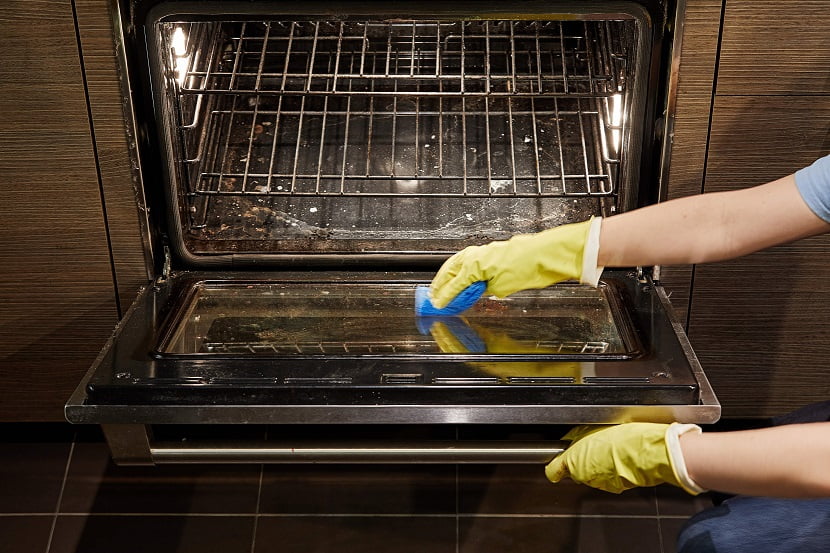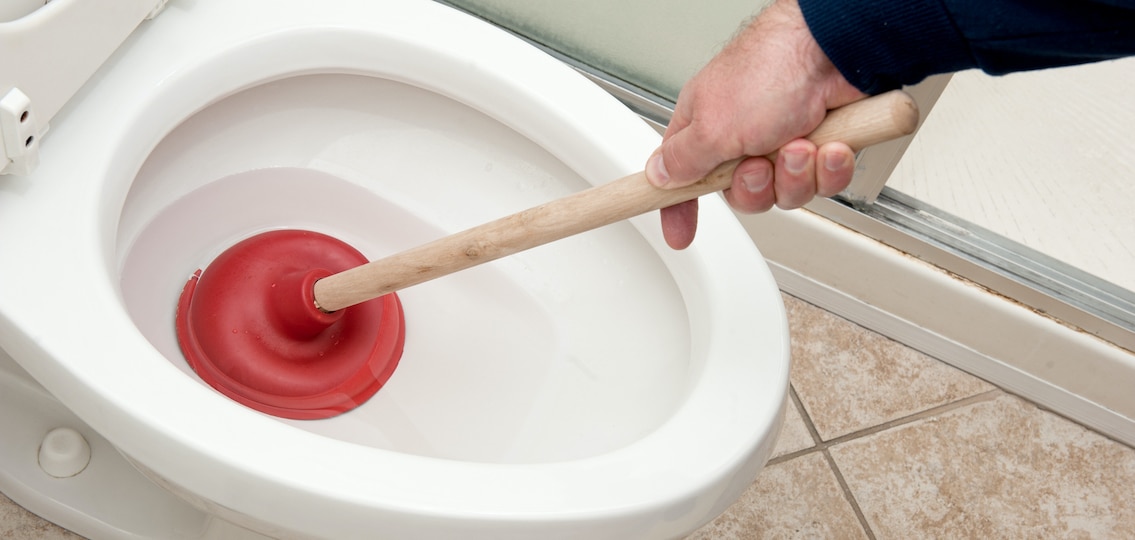Nature can be as deadly as it can be friendly. Tornadoes are a prime example of how nature could show its cruel side. In such times, roofs are one of the most vulnerable parts of a building. As a result, any of the following can happen:
- Debris Impact – This can cause dents, cracks, breakage, and punctures
- Water Infiltration – This can cause leaks and water damage
- Wind Uplift – This can cause uplifts and even complete roof loss
- Structural Failure – Possibly caused by beam and truss damage. Could also be a result of connector failure
- Hail Damage – Caused by surface damage and/or weakness of roofing materials
- Attic Pressurization
Frankly, there is so much damage that can happen when roofs are unable to deal with nature’s force in the form of tornadoes. You can check here for more on this subject.
It is therefore important that people, especially in tornado-prone areas, make a very informed decision when choosing their roofing type. This is vital considering how some types stand a better chance. So, read on to see what the various options offer.

Tornado Resistance: Evaluating Different Roofing Types

There is a long list of roofing types, some more popular than others. Furthermore, they all have their peculiarities, including how well they fare in the face of a tornado. Below is a breakdown of what to know about how several options fare during tornadoes:
Wood Shakes
This is known to be one of the least effective at handling what a tornado throws at it. This is considering how it can be easily displaced and even lifted by tornado winds.
Furthermore, it can give in to debris damage, resulting in its cracking or even splitting. As a result, it is professionally one of the least recommended options for use in tornado-prone areas.
However, this is not to say there is nothing good about it. For example, it has impressive insulation properties, making it great for dealing with noise and offering energy-saving benefits. It also has an appealing appearance because of its rustic and natural appearance.
Asphalt Shingles
This is one of the most popular choices in many parts of the country and beyond. So, it is only logical that it is part of the conversation. Having established this, it is more likely to give in to especially two kinds of adverse effects.
Firstly, shingles can be damaged as a result of flying debris during this natural disaster. The impact of flying debris can then cause punctures and several sorts of damage, particularly to the shingles. This can ultimately lead to leaks and even varying degrees of structural damage.
Furthermore, even the intensity of wind during tornadoes can cause damage. This is more likely to happen if the shingles in question are old and/or poorly installed. So, understanding the ideal lifespan of this roofing option is important. Having them properly installed is also non-negotiable.
By the way, the choice of shingles offers several advantages. For example, they are one of the easiest to repair. They are also a lot cheaper than several other alternatives.
However, they also have their cons, especially as it concerns their ability to cope in the face of a tornado. For one, their lightweight features make them very vulnerable during this natural disaster. Overall, they are not the best in terms of durability in tornado-prone areas.
Metal Roofs

They are a lot more durable and easier to maintain than the shingles option, discussed above. However, two major cons associated with them include their higher purchase and installation cost, as well as noise factor.
Fortunately, the noise concern can be significantly mitigated if you have capable professionals handle its installation. For one, this is because they would opt for the best products in terms of dealing with noise. Furthermore, they would add insulation features that reduce noise transmission.
Although they stand a better chance in the face of a tornado’s effects, can they be adversely affected? The answer is YES!
This is especially true with heavy debris damage. But overall, they are a lot better when it comes to coping with tornadoes.
Tile (Concrete/Clay) Roofs
The sight of roofs uplifted after a tornado is not uncommon. However, this is very unlikely with this option.
For starters, this is because of the weight advantage that tile roofs have, which is one of the reasons it is suitable for tornado-prone locations. However, the impact of flying debris, especially heavy ones, can lead to breakage and/or cracks.
Generally, you should know that tile roofs are satisfactorily durable considering that they can last several decades. Furthermore, they look aesthetically pleasing.
However, there are also concerns associated with them. One such is their cost, as they are more costly than even metal roofing products.
Furthermore, their weight, which is also a benefit, can equally be a concern. This is because they are only ideal if the supporting structure is strong enough.
Slate Roofs
They are more likely to cope well during a tornado because of their weight, which makes them durable. Speaking of durability, they can stand the test of time for as much as a hundred years. This makes them worth it, despite their higher purchase and installation cost compared to several alternatives.
Furthermore, they are one of the best for people concerned with debris damage during a tornado occurrence. So, they do not only stand a good chance when it comes to wind damage. Additionally, they are impressively fire, water, and mold-resistant.
However, there are also concerns, as is the case with every option. One such is how their weight requires them to be used in buildings with a structure strong enough for them. Furthermore, repair is expensive, if the need ever arises.
Conclusion

This article has only discussed how 5 roofing options fare in the face of a tornado. While the discussed options are some of the common choices around, there are several others. So, you may want to find out how they also fare, especially if you live in a tornado-prone area and you are considering such.
Furthermore, it takes more than just using the right roof type to cope in a tornado-prone location. Your roofing installation, maintenance, and repair also need to be handled by capable professionals. So, make sure of this.







